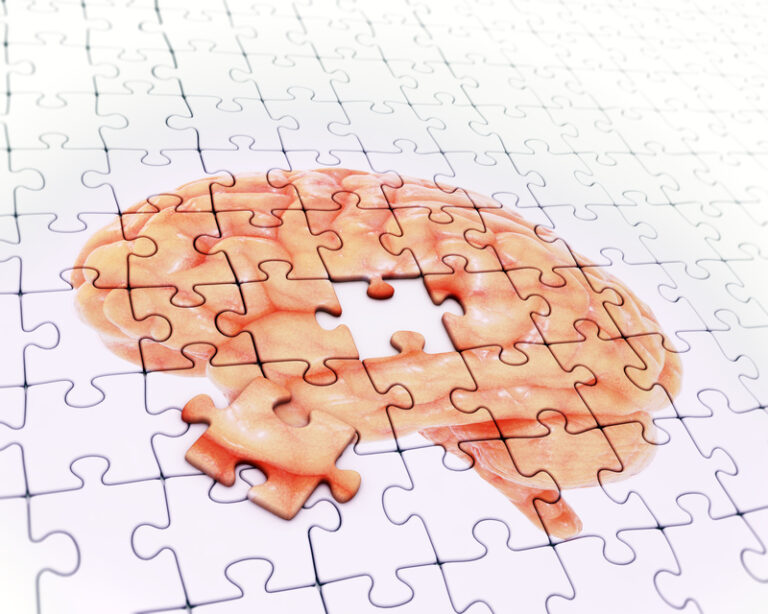More people today are suffering from cognitive decline than any other time in history. The general term for cognitive decline is dementia. Although mostly associated with aging, it is not a normal part of aging and things can be done, especially in the earlier stages, to prevent it or slow down the progression. Dementia is a process of losing cognitive abilities such as problem-solving, reasoning, memory, thinking, language and judgment. This includes losing the ability to recall names or places, orientation to time and place, mood or behavior changes.
Most often there is a triggering factor such as diseases, injuries or injurious substances. Associated health challenges include Alzheimer’s Disease, traumatic brain injury, Parkinson’s, Vascular Dementia and others. Having cognitive decline does not necessarily mean you have one of these challenges.
Certain medications can have side effects of cognitive decline: Anticholinergic medications (mostly for overactive bladder and allergies) can exhibit cognitive decline. Diphenhydramine (allergy) has been given warnings if used long term, and especially in the elderly. Benzodiazepines (anxiety, insomnia, seizures) may cause short term cognitive decline, but long term use may contribute to long term mental decline. Opioids (pain), antidepressants and anticonvulsants have also been linked to dementia. If you are taking one of these medications, please do not stop them. Several of these can be dangerous if not withdrawn properly. Talk to your health professional before stopping any medication.
In addition to the above, chemicals in our environment have been linked to reduced cognitive abilities. They include cigarette smoke, long term exposure to air pollution, and pesticides (organophosphates and organochlorines), both in our food and in the air, and heavy metals (lead, mercury, aluminum and cadmium).
In our diet, alcohol (chronic and excessive), bad fats (hydrogenated, seed oils, etc.), insufficient good fats (our brain cells are made out of fat), B Vitamins from food sources, protein, antioxidants and other nutrients or non-nutritive substances play a vital role in brain health, good or bad.
Acupuncture can have a wonderful effect on brain performance. Acupuncture has been shown in studies to improve memory and cognitive function. In patients with mild cognitive impairment (early stages), acupuncture significantly improved memory and cognitive function, including enhanced concentration and attention. Because acupuncture is so effective at reducing inflammation and oxidative stress in the brain, and increases cerebral blood flow, it has neuroprotective effects. In addition, acupuncture has been shown to improve sleep quality, reduce anxiety, improve emotional wellbeing and enhance quality of life.
Stress contributes to mental decline. Acupuncture reduces stress by releasing the “happy hormones” in the brain – endorphins, serotonin and other neurotransmitters. Acupuncture also enhances neuroplasticity – the brain’s ability to adapt to the stresses of life.
If you are showing evidence of cognitive decline, the time to take action is now! Assess the things you are doing, or not doing, that is contributing to diminishing cognition, and change it while you still can. And remember, acupuncture and nutrition can play a vital role in improving your brain health.
©2023 Holly A. Carling, O.M.D., L.Ac., Ph.D.







